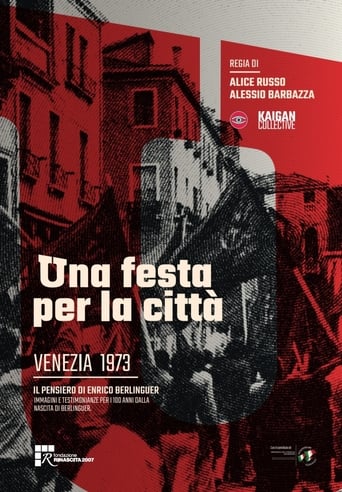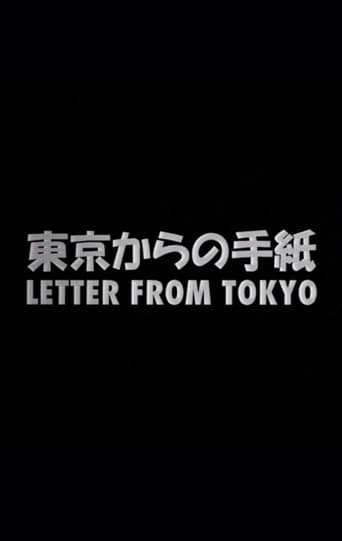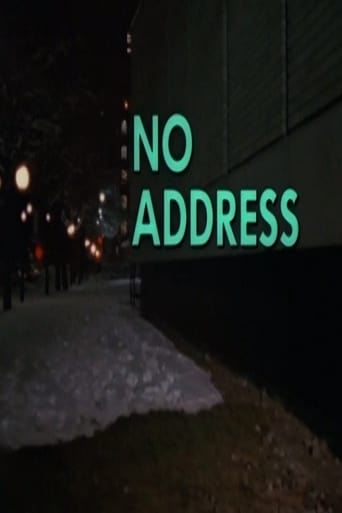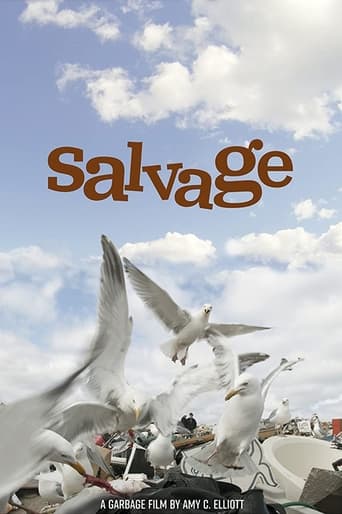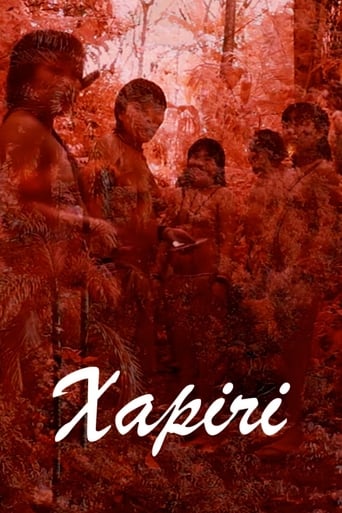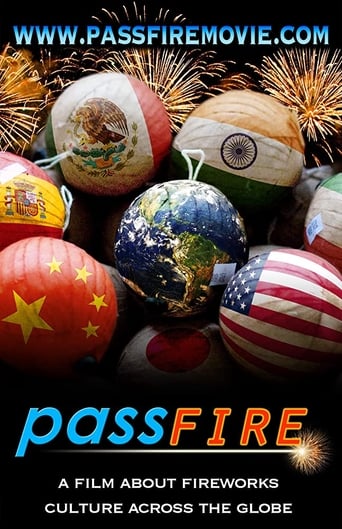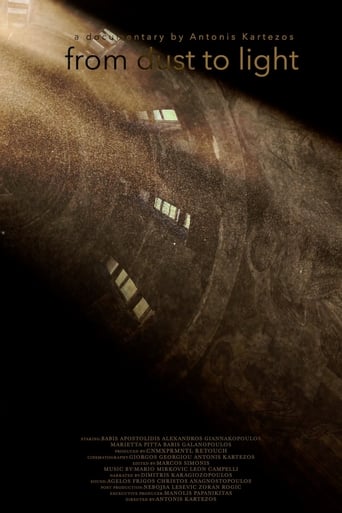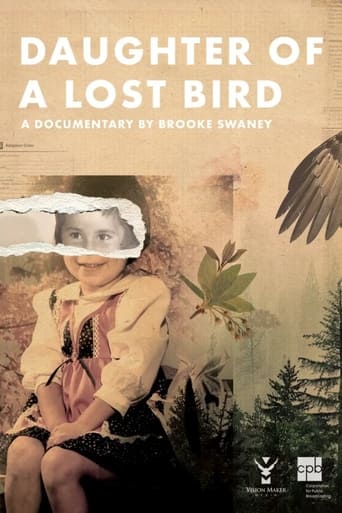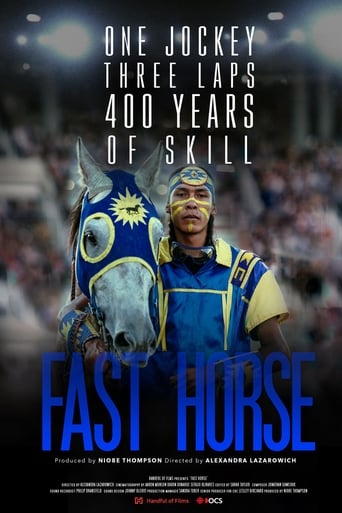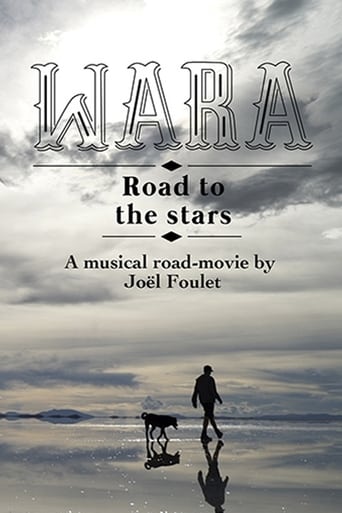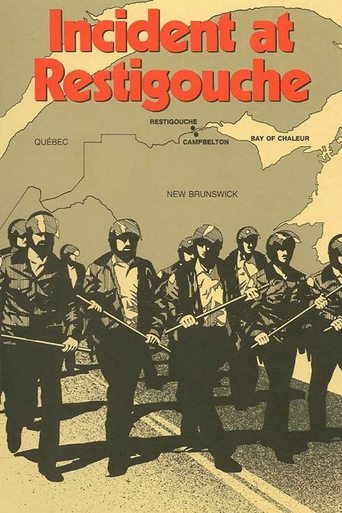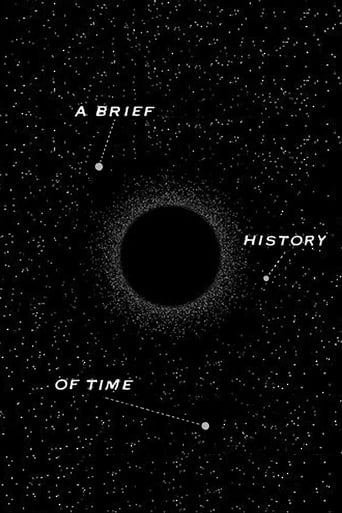
Baraka (1992)
A paralysingly beautiful documentary with a global vision—an odyssey through landscape and time—that attempts to capture the essence of life.
- Ron Fricke
- Constantine Nicholas
- Genevieve Nicholas
- Ron Fricke
- Mark Magidson
Rating: 8.2/10 by 608 users
Alternative Title:
Baraka - Eine Welt jenseits der Worte - DE
Világok arca - Baraka - HU
Country:
United States of America
Language:
No Language
Runtime: 01 hour 37 minutes
Budget: $4,000,000
Revenue: $0
Plot Keyword: prayer, indigenous, community, time, spirituality, pagan, culture, poetic documentary
BARAKA is a 1993 film, shot by Ron Fricke in some 24 countries, that is a sort of documentary on three universal themes: 1) the grandeur of the natural world, from the peaks of Everest to low deserts, 2) the oneness of the human race illustrated by juxtaposing almost identical shots from vastly separated cultures, and 3) the desire for a connection with something transcendent. Shot in 70mm film, watching the Bluray on a projector or a large-screen television offers one of the most visually stunning cinematic experiences around. There is no dialogue or voiceover, no characters, but the enormous amount of footage is presented here in a way that gives BARAKA a gripping dramatic arc, and it's a sequence that, on repeated viewings, increasingly seems the one logical way in which all this could have been edited. With unquenchable anthropological curiosity, Fricke identifies commonalities that link us all. A Japanese mafioso's tattoos, for example, are followed immediately by a shot of the same on an indigenous resident of Papua New Guinea. But it's not only exotic tribalism. A shot of affluent Japanese schoolgirls looking at the camera is mirrored later by an almost identical shot of low-caste girls in Calcutta. Nonetheless, don't expect a mushy call for tolerance; Fricke's editing indeed makes a convincing case for appreciating differences, but there is nuance. Fricke's occasional use of footage from churches, mosques, temples, etc. is less an advocacy for belief in religion than an extension of the commonalities he identifies. Human beings have an urge for contemplation as solace among the complicated and sometimes senseless world around them, and they draw on inner sources of mercy to go against the cruelty that people show to their fellow man. The consequences of a world cut adrift from calm and compassion are shown during a heartbreaking sequence that ranges from Auschwitz and the Cambodian killing fields to homeless across the globe and teenage prostitutes in a Bangkok nightclub. The footage is accompanied by an array of musical pieces which help to set the mood for each series of shots: minimalist loops form the soundtrack for scenes of industrial production, we hear harsh bagpipes as the camera tours the burning oil fields of Kuwait, and Dead Can Dance's "The Host of Seraphim" plays during an indictment of poverty worldwide. Some of musicians involved are rather New-Agey and would never have a place in my music listening, but when integrated into the film they are remarkably effective. The 5.1 surround sound excellently balances cinematic effect and faithfulness to the scenes portrayed. I've watched BARAKA many times now, each time discovering many new things and always being moved, whether to pity (Calcutta garbage-pickers) or wonder (the unreal glittering hall of Shiraz's Shahcheragh mausoleum). I would certainly rank it among my favourite films. Will you like it? That's hard to say. BARAKA is my go-to Bluray when friends and family want to try out my fancy home theatre setup with HD projector and surround sound, and while some of them have been just as stunned as I am, others don't really care. Apparently many people, even those with a well-rounded education, don't have much curiosity for things outside their own everyday experience, and so Fricke's survey of world cultures doesn't resonate with them. (Note that while Fricke created a 2011 follow-up called SAMSARA, I would recommend staying away from it, as it is less focused and only repeats BARAKA to diminishing effect.)




